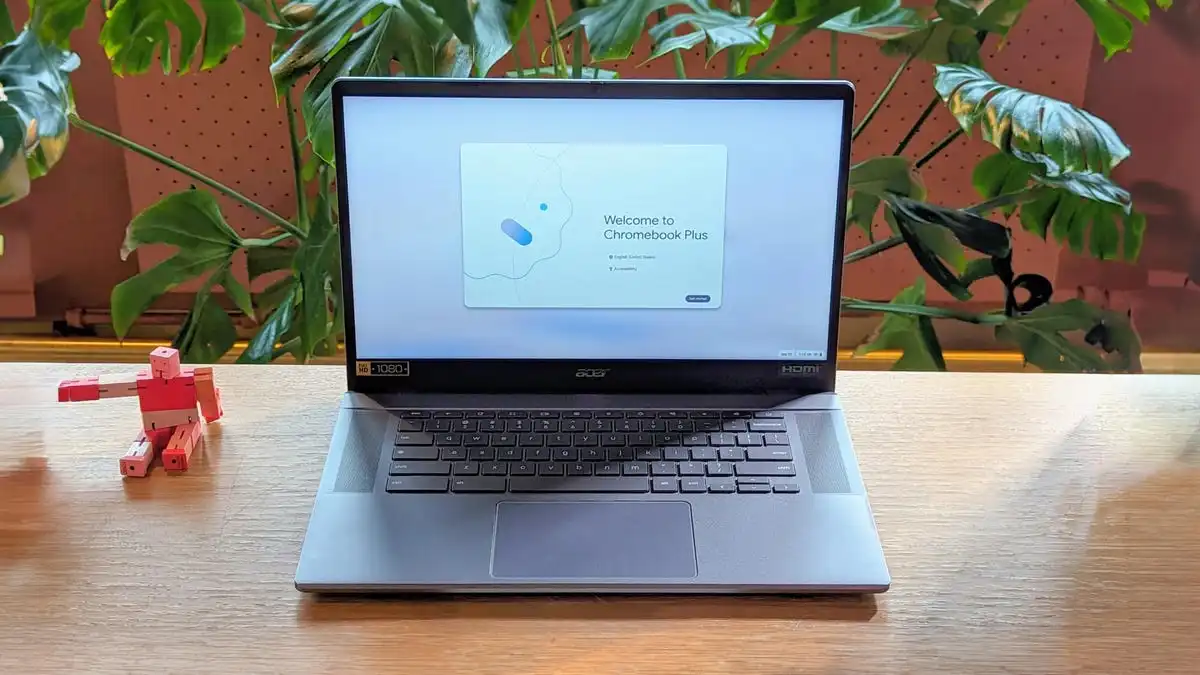Google Intros Chromebook Plus Devices With More Power, Apps and AI for $399
Google Intros Chromebook Plus Devices With More Power, Apps and AI for $399

www.cnet.com
Google Intros Chromebook Plus Devices With More Power, Apps and AI for $399

The new Plus category of Chromebooks is an assurance that you'll get a higher level of performance and features but still at a reasonable starting price.
With Chromebook Plus, you're guaranteed to get at least the following specs, with a starting price of $399:
- 12th-gen Intel Core i3 or AMD Ryzen 3 7000 processor or better
- 8GB or more of memory
- 128GB or more of storage
- 1080p-resolution IPS LCD or better
- 1080p webcam with temporal noise reduction